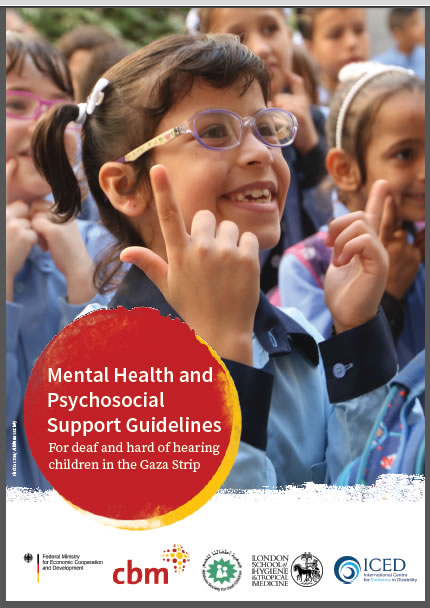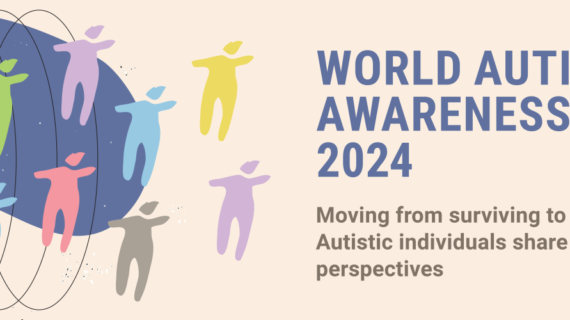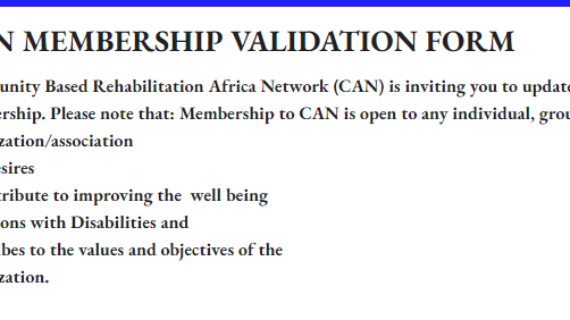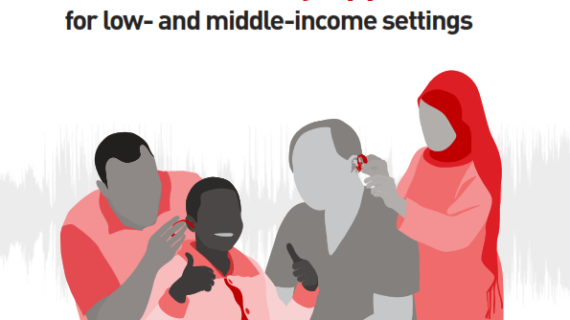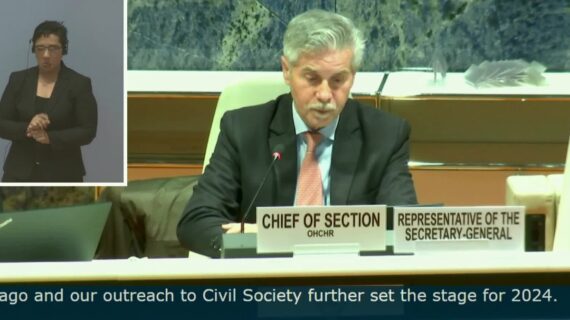Mental Health andPsychosocial Support Guidelines
Evidence shows that deaf and hard of hearing children experience high rates of mental health problems, often because of language deprivation at early childhood and therefore difficulties with communication and social inclusion in their lifetime, as well as experiences of stigma and discrimination.1-3 For deaf and hard of hearing children in the Palestinian Territories, mental health may be further impacted by experiences of conflict and violence, as well as the pressures put on other aspects of life in the region, such as reduced public services and medical care.4 After the most recent Intifada in the Gaza Strip, for example, mental health problems were very common among children and adolescents, including nightmares, anxiety and depression.
For children across the world, school is one of the most important components of their lives, and it provides an opportunity for teachers and schools to use their proximity to children to support their mental health and wellbeing. Deaf and hard of hearing children in the Palestinian Territories are a group at risk of mental health problems, and it is important that we support them in schools.
To do this, Atfaluna Society for Deaf Children, CBM and the International Centre for Evidence in Disability at the London School of Hygiene & Tropical Medicine have developed this guidance for teachers. The guidance provides information on hearing loss, mental health and how to best support deaf and hard of hearing children, both in mainstream and special schools.

